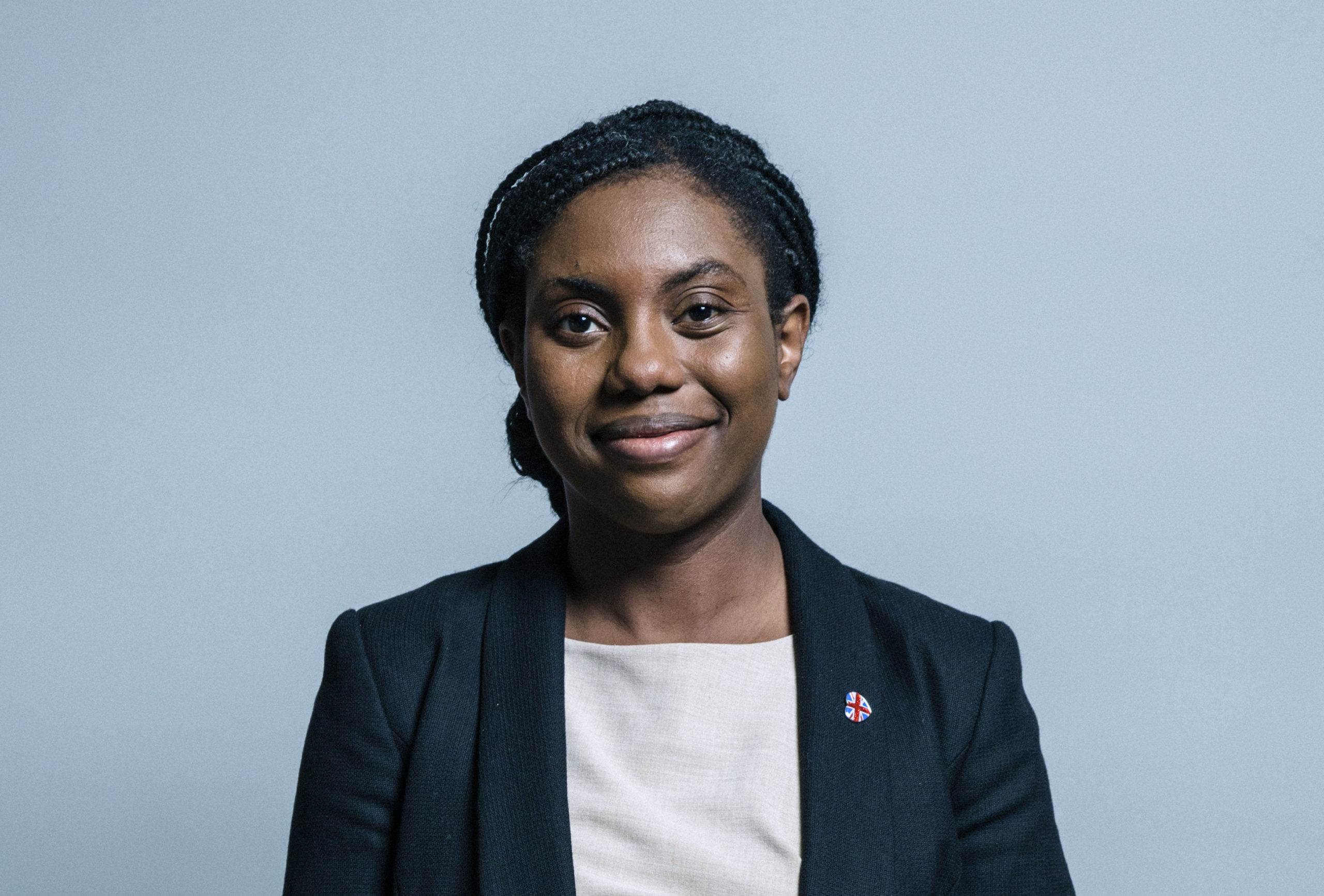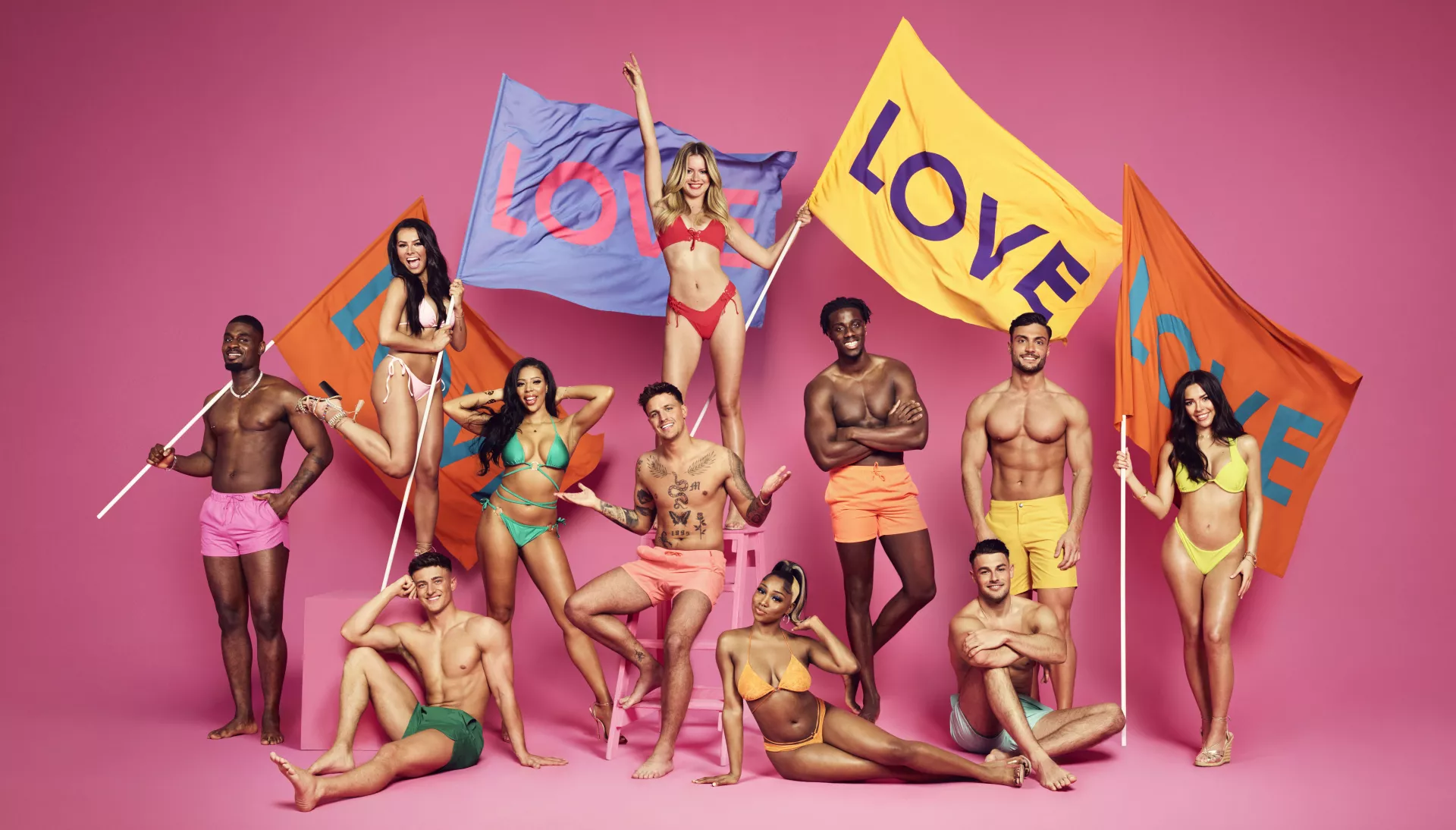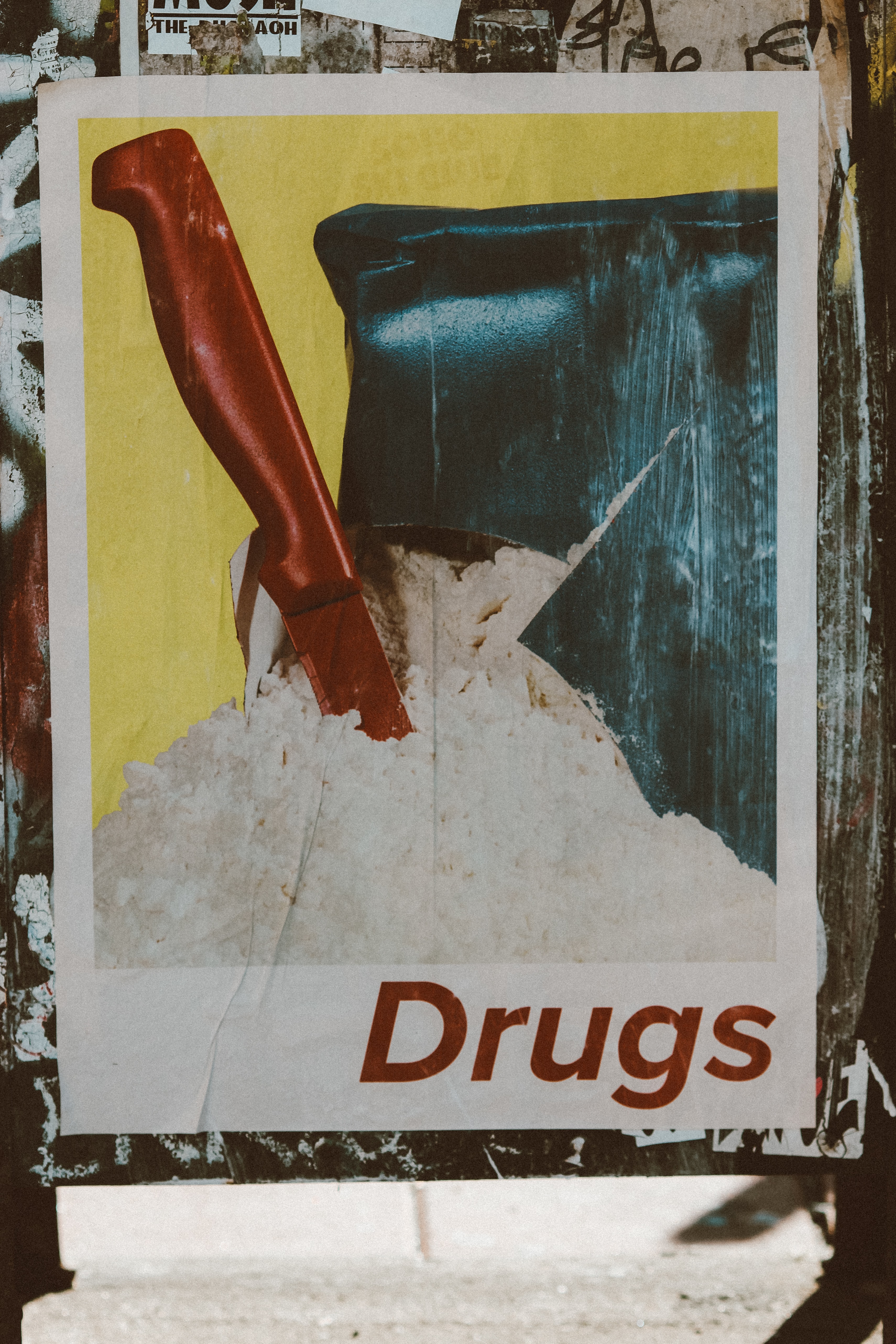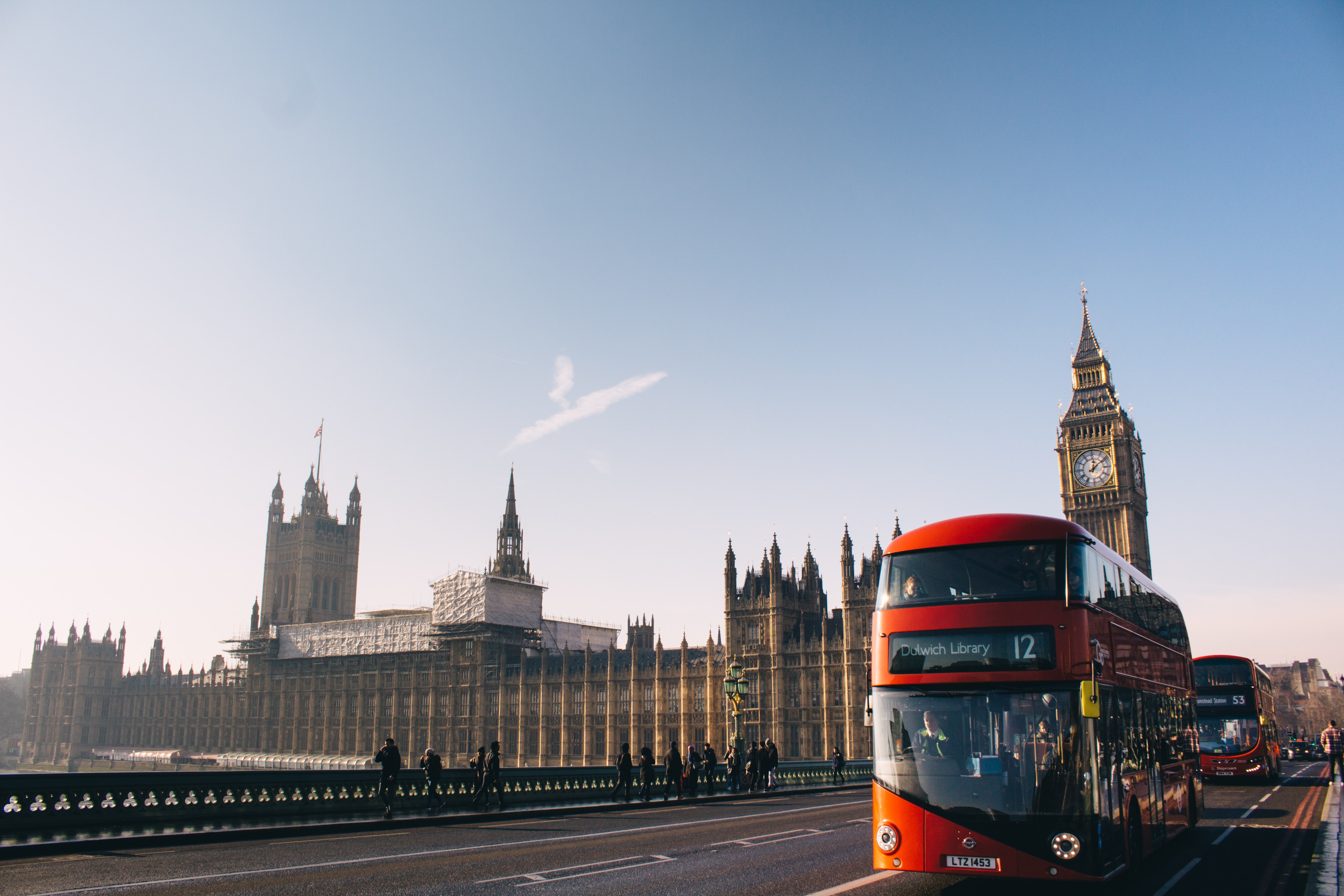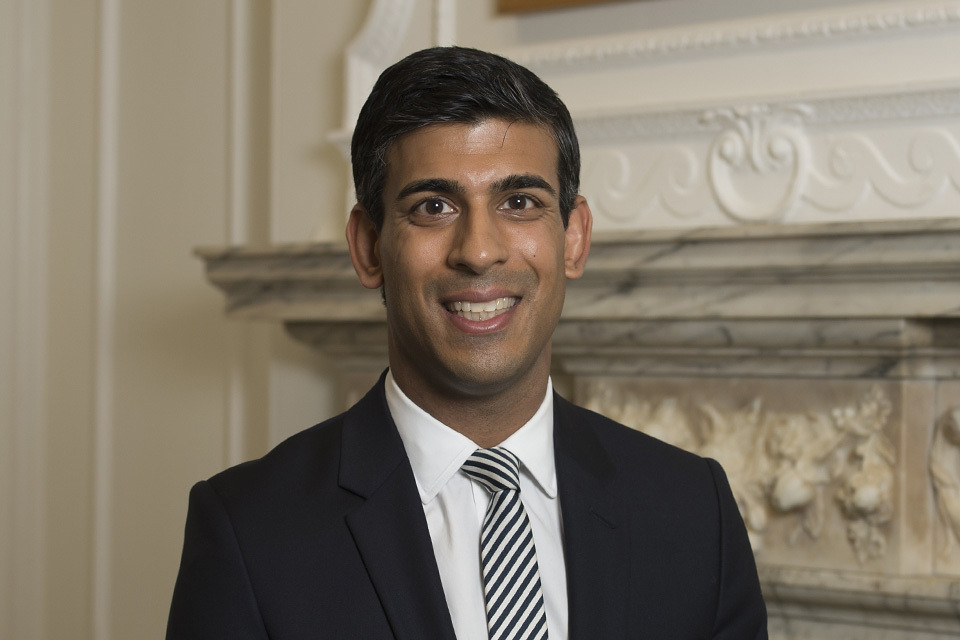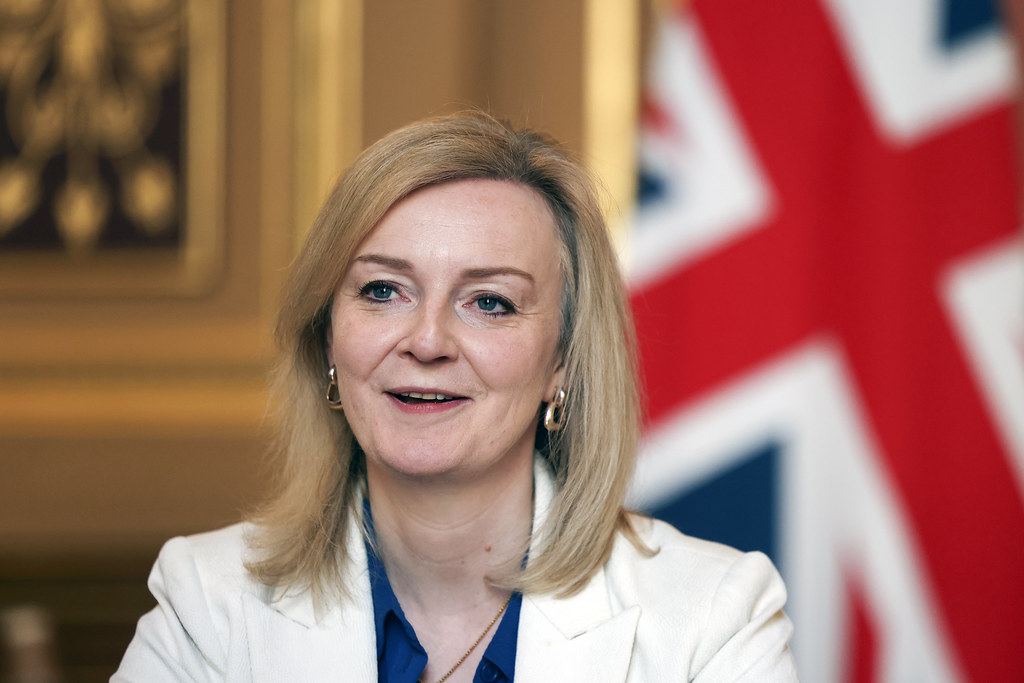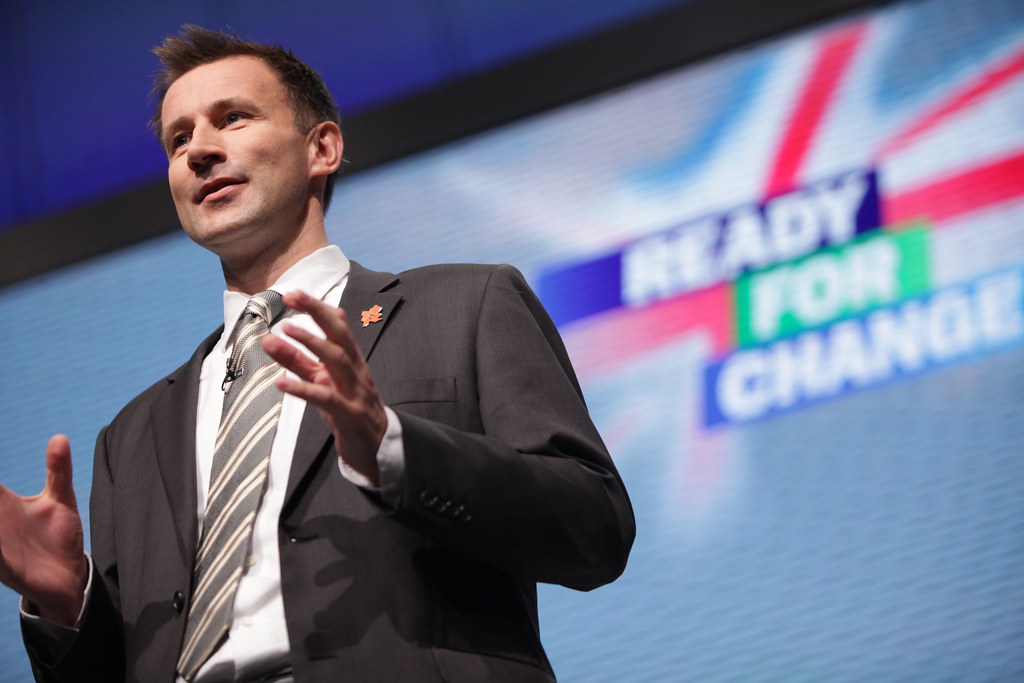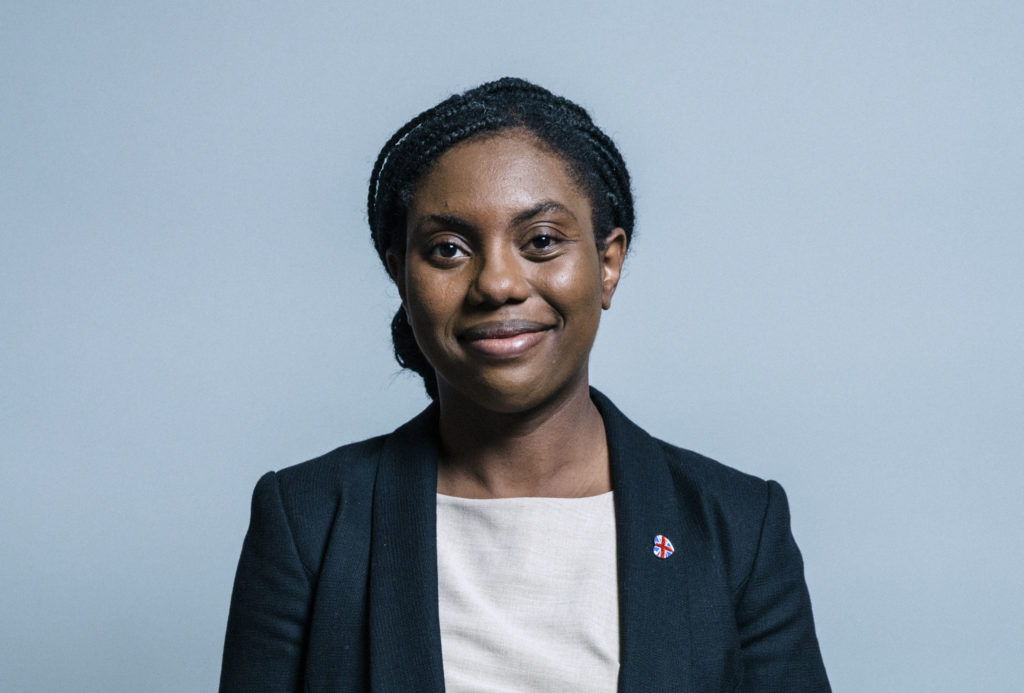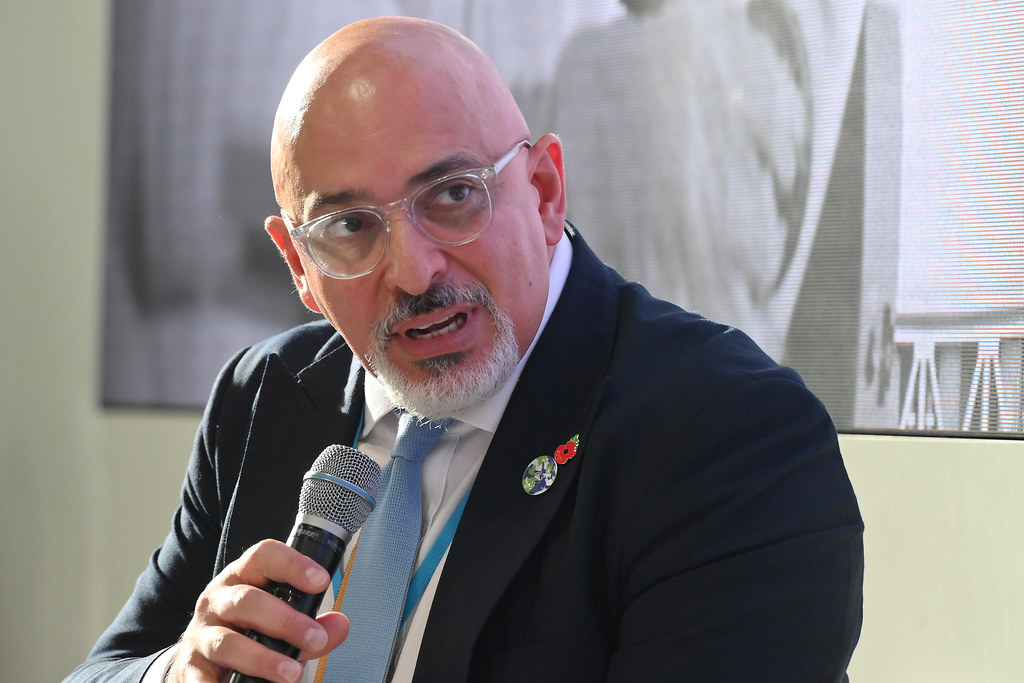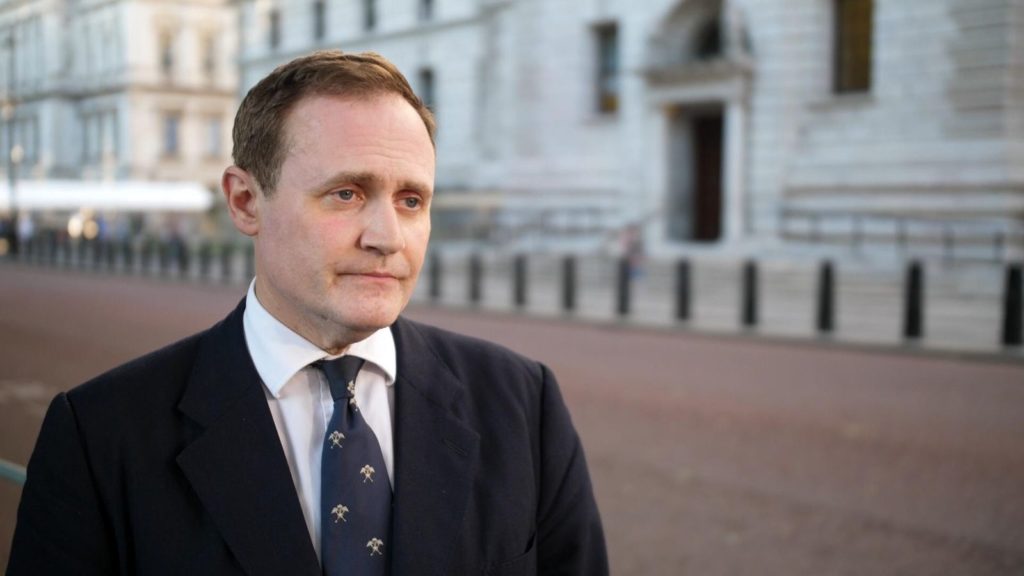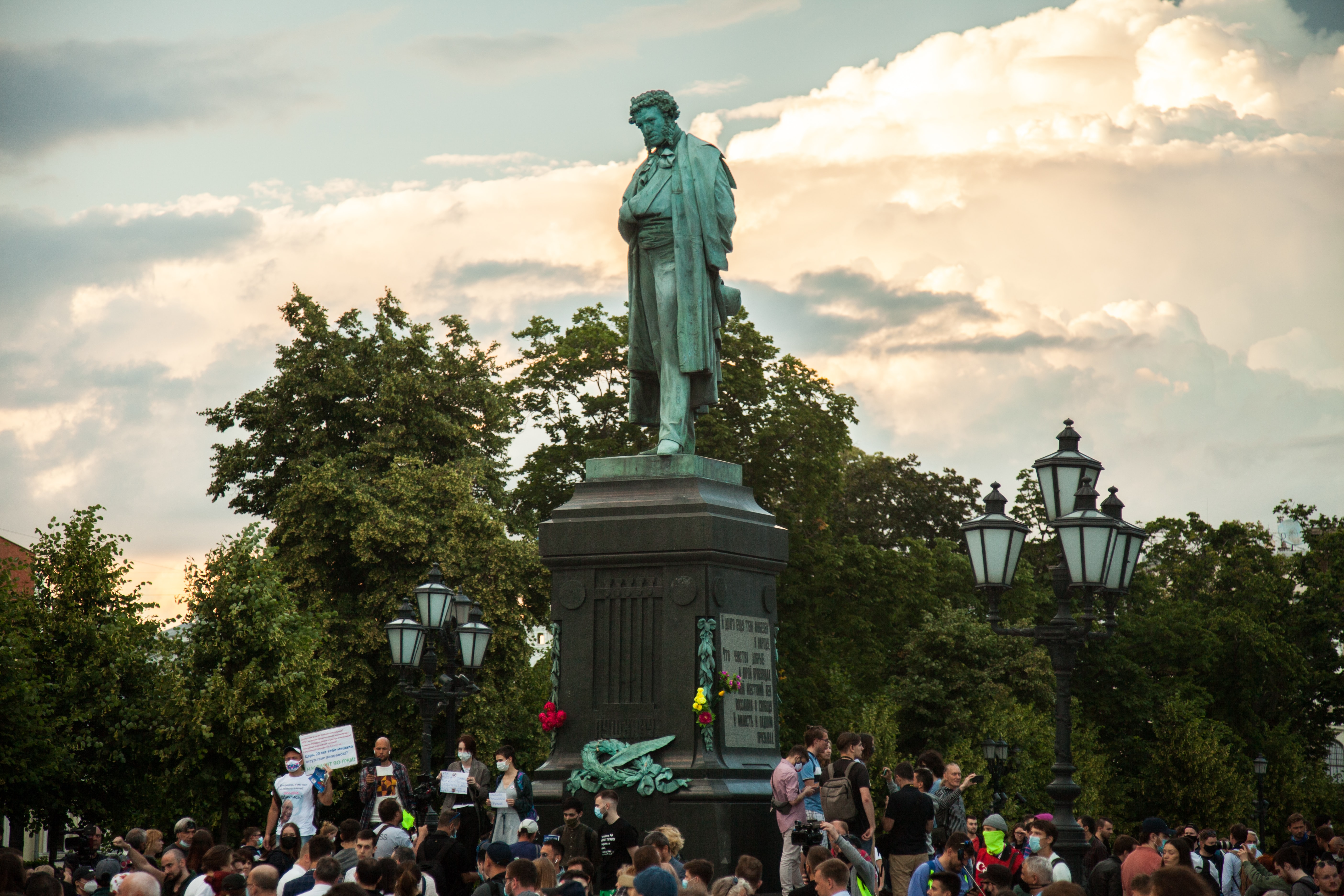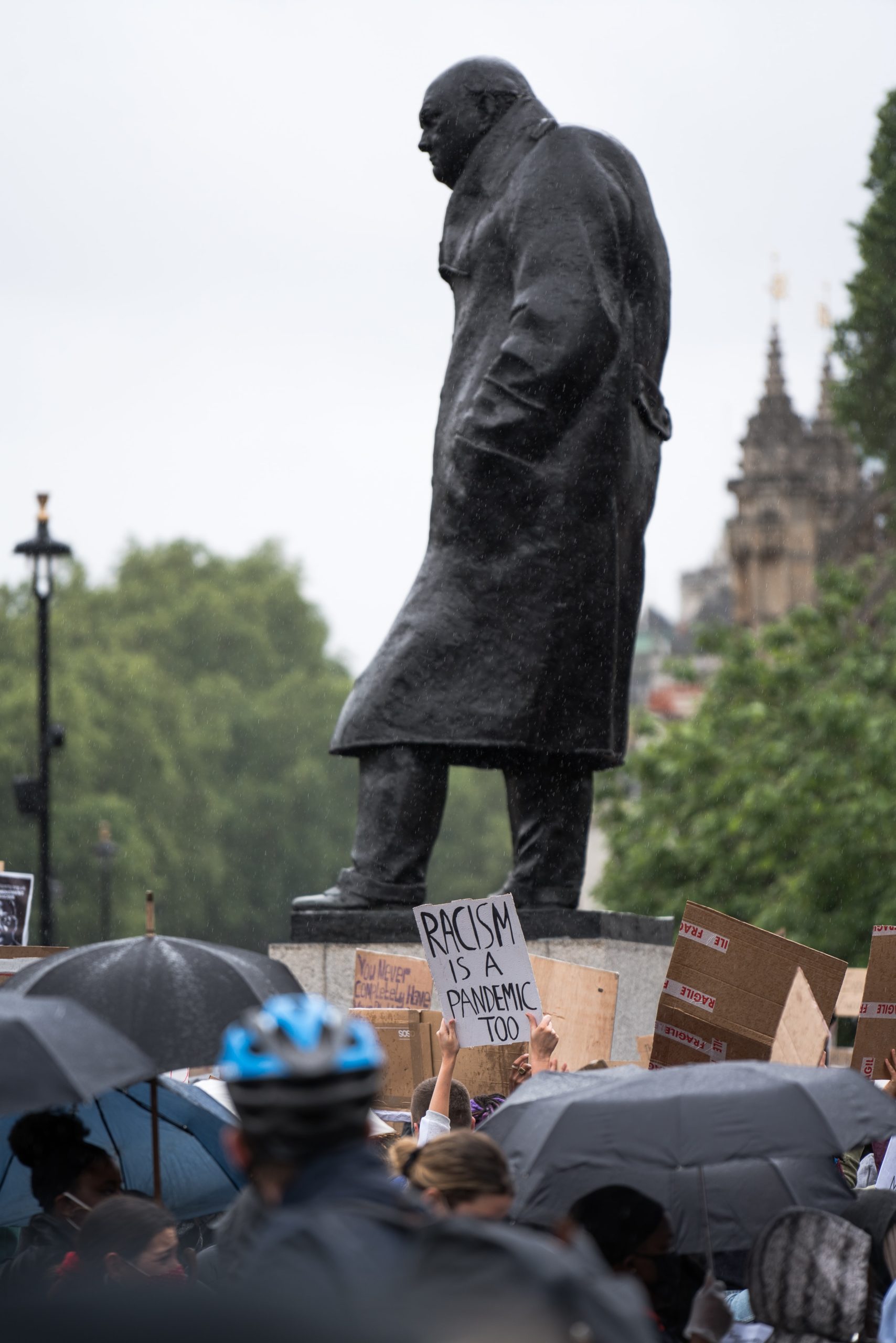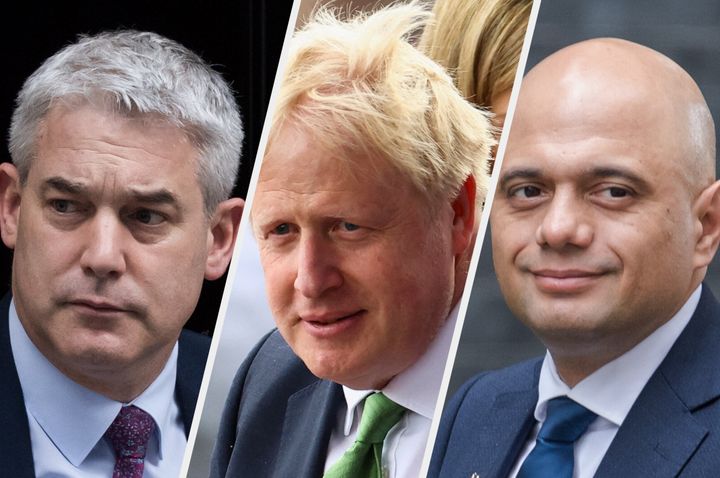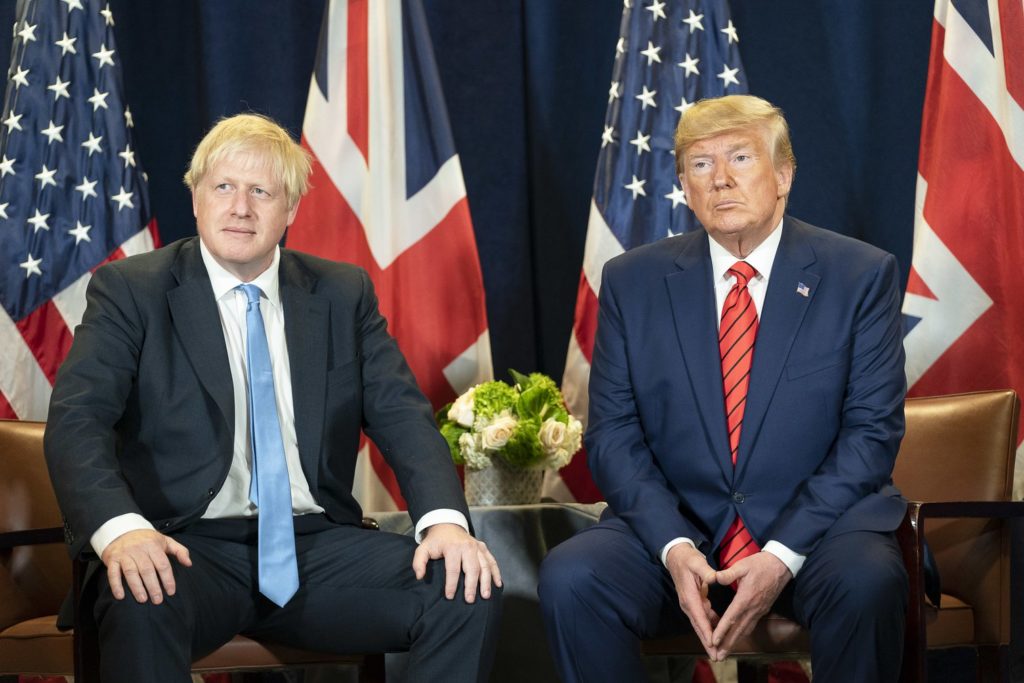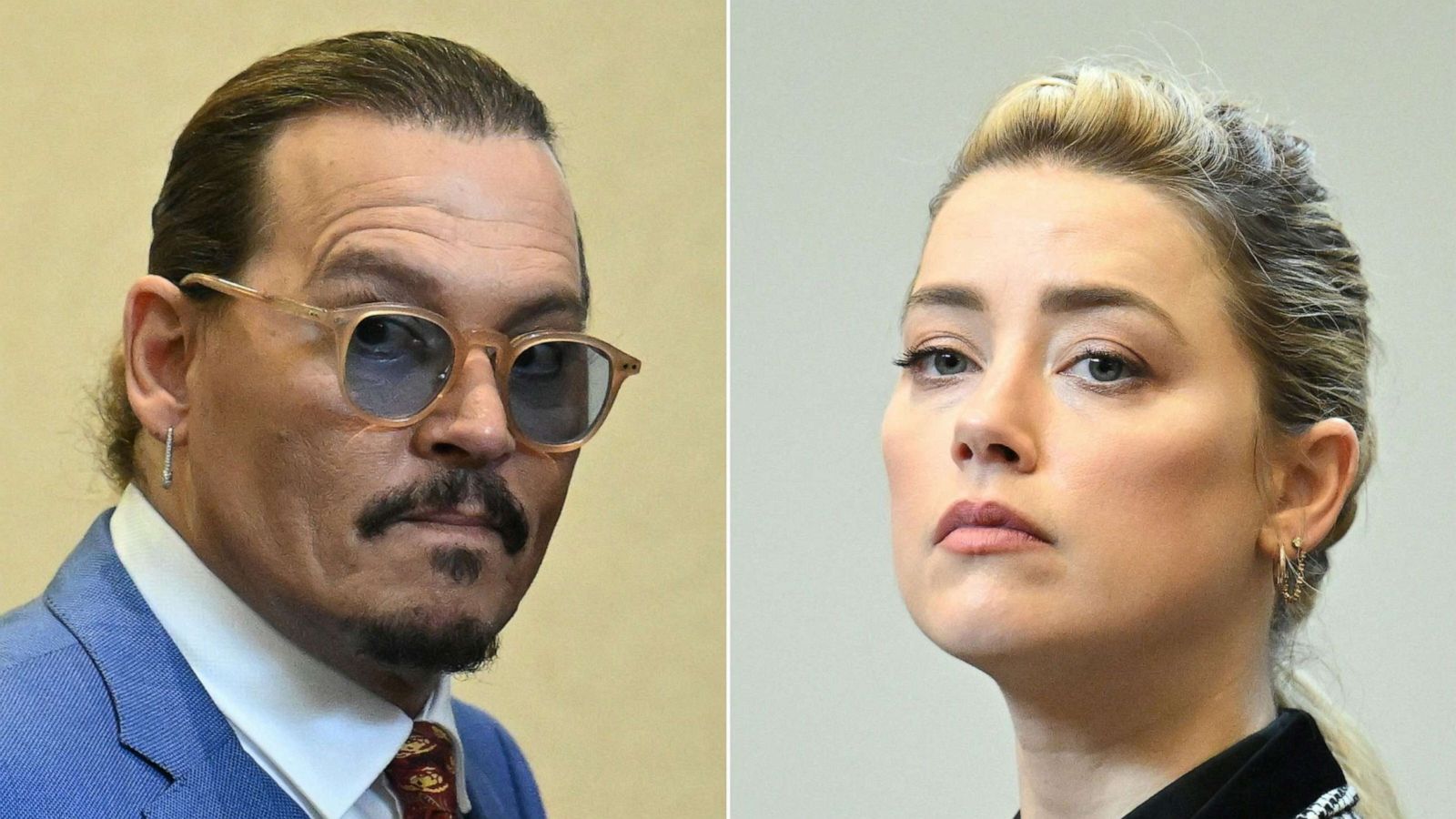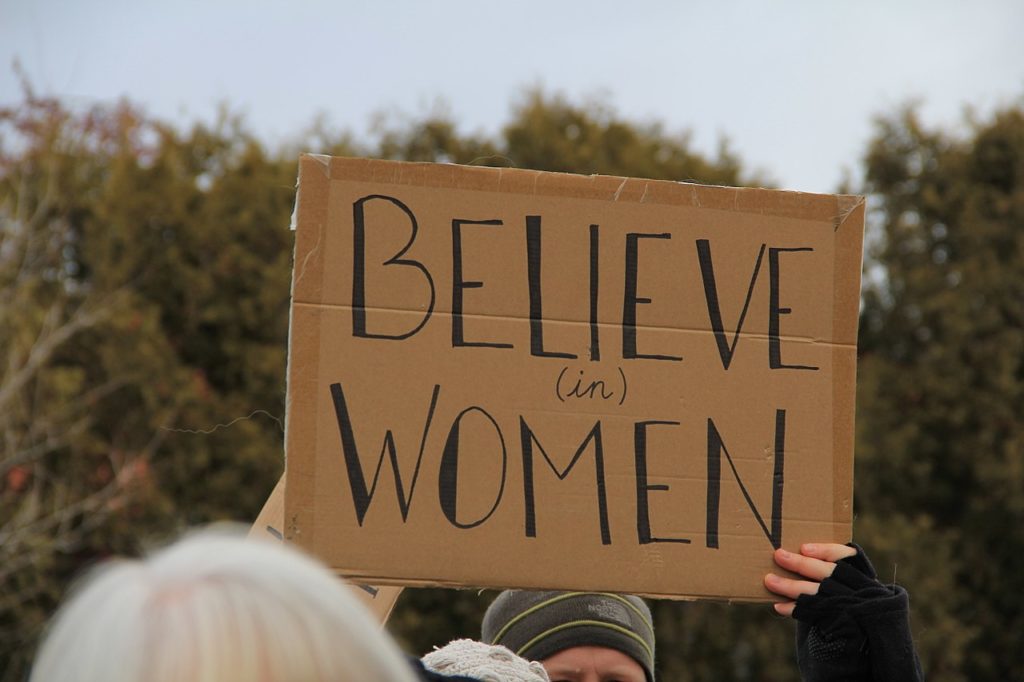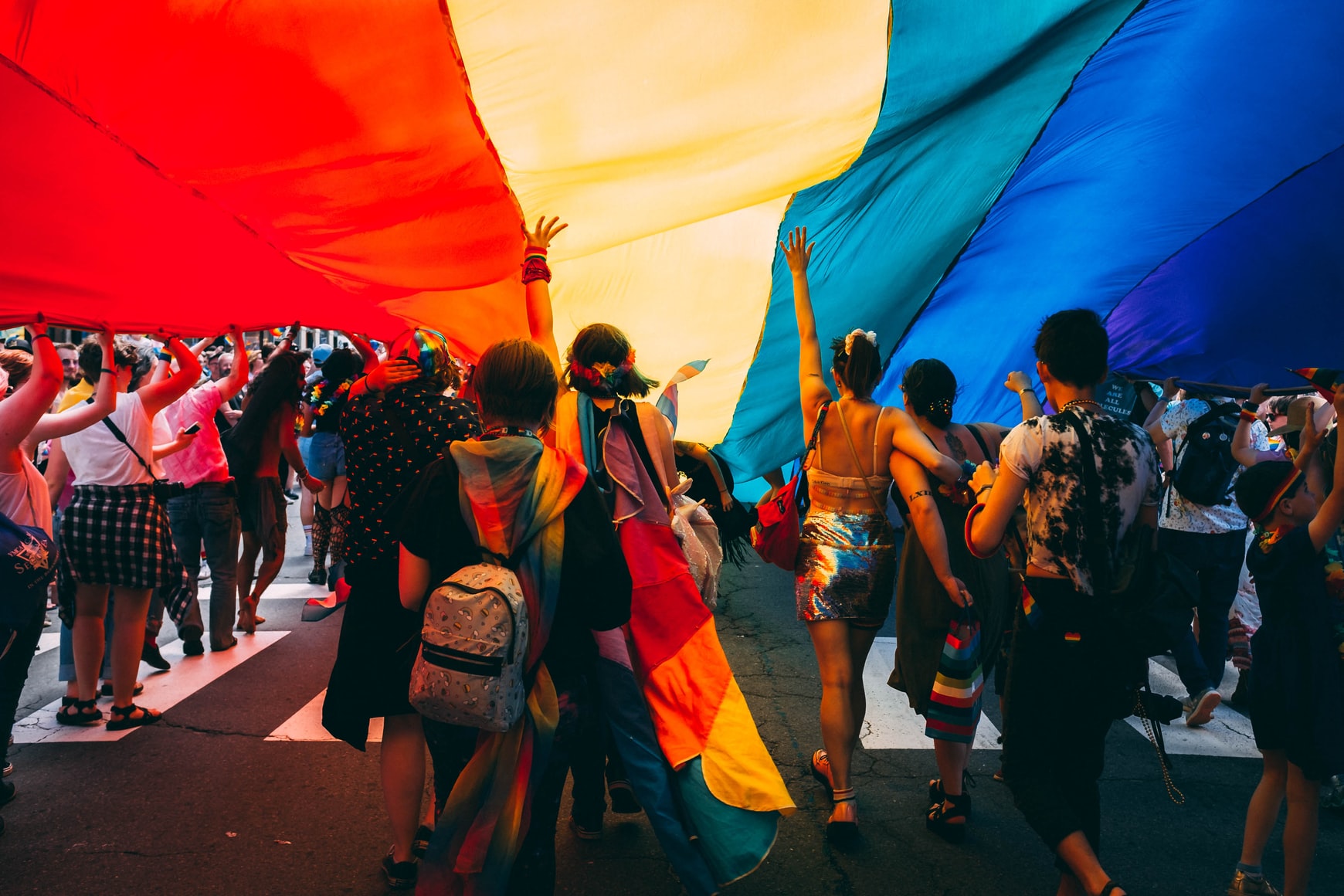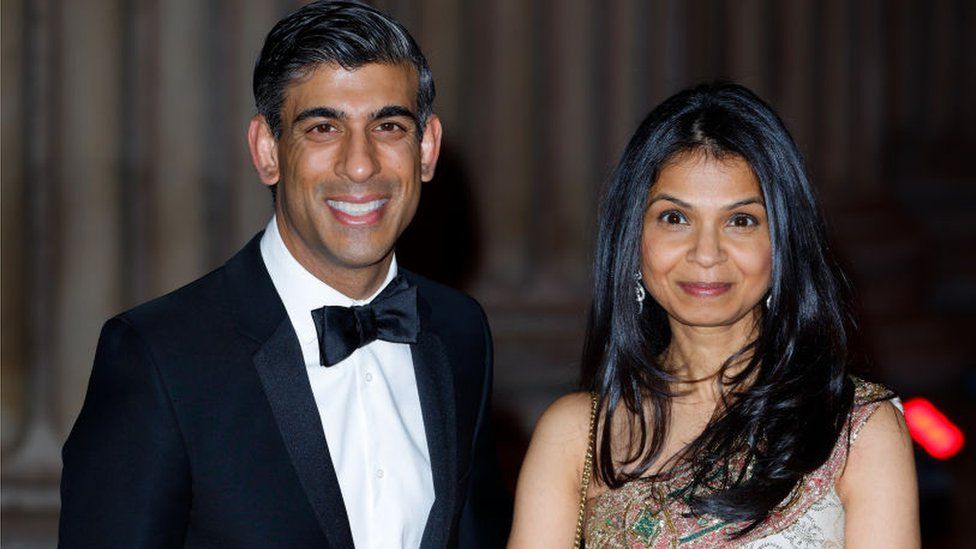15-20% of people in the world are neurodiverse, a term describing how people have variations in how their brains operate. Yet, people who are neurodiverse often mask, hide or camouflage how they are in various settings. It is still not clear why neurodiverse people hide their true selves?
Unveiling neurodivergent masking
Masking is the best way to describe how neurodiverse people hide their true selves from others. Social psychologist Devon Price explains that the term ‘masking’ is as a way to “hide” a disability and is a coping mechanism for those who are neurodiverse.
Masking or camouflaging can be seen in multiple ways. Often, those who mask do so to “pass” as neurotypical. They do this by investing a lot of time copying social behaviours from various forms of media, observing social interactions and researching. Even though people who mask can participate in certain settings, there are long-term consequences of not being your true self in public settings.

A 2019 study found that stress and anxiety were higher in people who routinely masked autistic traits than those who used masking less often. The year before that, a study found those who reported masking their autistic traits had symptoms of depression and felt unaccepted by people in their social sphere. In an article by Lunaria Solutions, a person named Jane had crippling anxiety at work due to her masking at her workplace. She needed to pretend that she was ok, even though she needed help with tasks. Her masking led to her leaving the organisation she worked at due to this sense of not belonging.
Why does actually masking happen?
There are some reasons why a person would hide their true selves to others, despite the negative consequences. It is often to avoid scrutiny, pity and harassment from others who lack understanding of how those with neurodiverse needs operate. All of this is wrapped up in trying to fit in within places that offer little support to those with neurodiverse abilities. This idea of fitting in can translate into various areas of life, from dating to work life. Lyric Holmans, who has a page called the Neurodivergent Rebel, suggested that she masked herself not to be an inconvenience to other people. She said: “I changed my reactions to being a version of myself that was less inconvenience to other people.”
How can we address masking as a society?
Masking is challenging to address because society still favours neurotypical people rather than all needs. As Wanda Deschamps, founder and principal of Liberty Co, has said, it is all about increasing the awareness of such a topic. Price, who has a new book called Unmasking Autism: Discovering the New Faces of Neurodiversity, outlined various ways to unmask.
These include permitting neurodiverse people to be themselves and laying out workplaces in ways that suit neurodiverse people. Neurotypical people also have a part to play in addressing masking. They need to be welcoming in all types of situations and to communicate clearly to those with neurodiverse needs. It is about accepting behaviours that deviate from the norm and, as Price has said, “broadening our definition of what is socially acceptable.” However, to do such a thing, we need to see such a problem as not a ticking a box exercise but a genuine issue to address.
As highlighted already, the cost of masking is deadly.
This article has unveiled neurodivergent masking for all of you reading this.
Now is the time for neurodiverse people to be authentic and allow this to happen.

